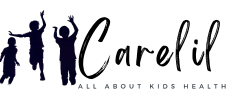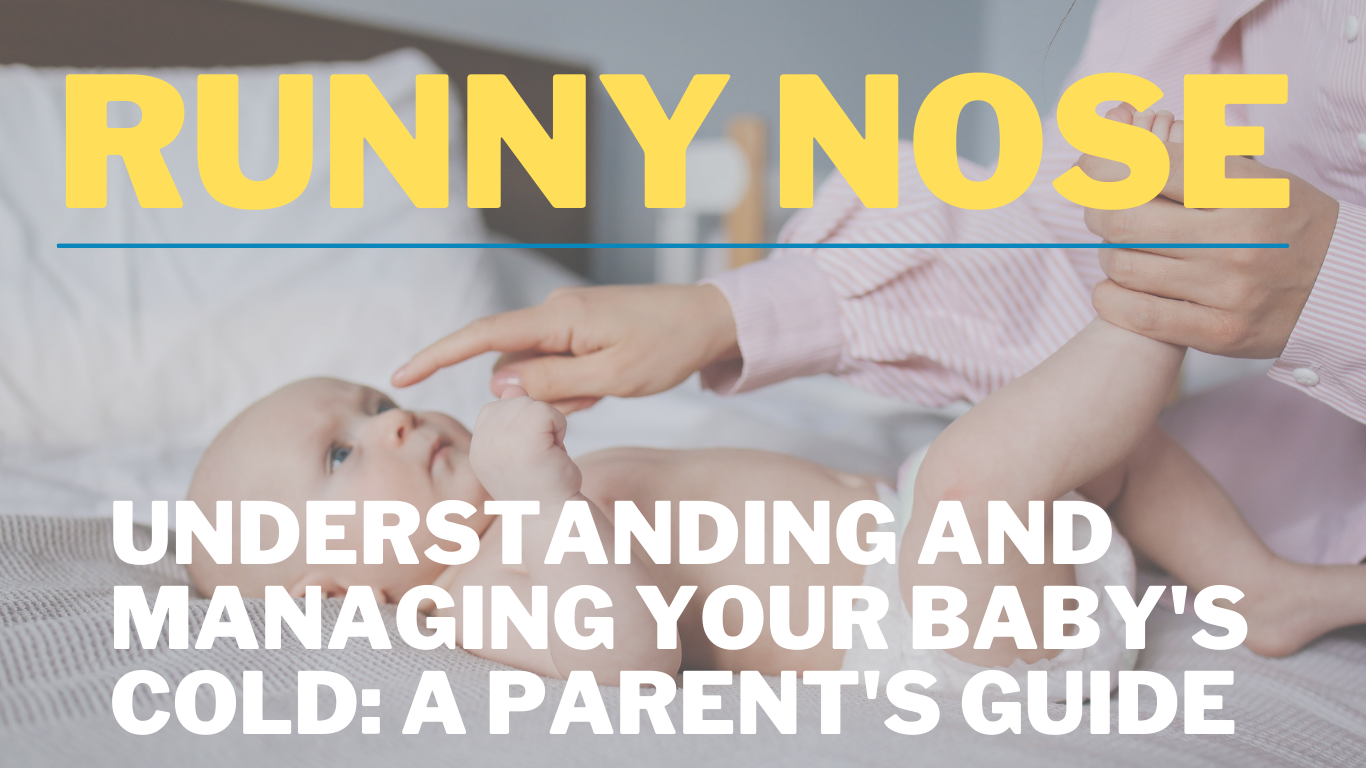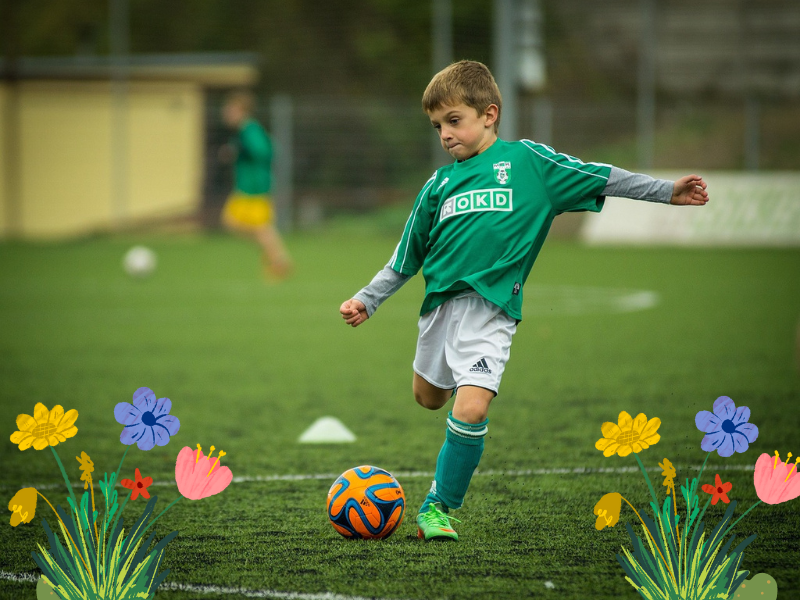“Discover How to Safely Address a Newborn Runny Nose Treatment – Expert Tips and Guidance. Learn When to Seek Help and How to Provide Comfort. Read Now!”
Understanding and Managing Your Baby’s Cold: A Parent’s Guide (Newborn Runny Nose)
If you’re a parent, you’ve likely experienced the worry that comes when your baby gets sick. The common cold is a common concern for parents, especially when it affects a baby under the age of three months. In this article, we’ll provide you with valuable insights into diagnosing and managing your baby’s cold while ensuring human readability. (Newborn Runny Nose)
Does My Child Have Mental Health Issues
When to Seek Medical Attention (Newborn Runny Nose)
For parents of babies younger than three months, it’s crucial to be vigilant. If your baby falls into this age group and is showing signs of illness, it’s advisable to contact your pediatrician promptly. This early communication is especially important because newborns are vulnerable, and it’s essential to rule out any serious underlying conditions, especially if your baby has a fever.
On the other hand, if you have an older baby who seems to have caught a common cold, you might not need to rush to the doctor’s office right away. In most cases, common colds in older infants resolve on their own without medical intervention. However, if you ever feel uncertain about your baby’s symptoms or if they worsen rather than improve, consulting with your pediatrician is always a safe choice.
The Diagnosis Process (Newborn Runny Nose)
Your baby’s doctor is skilled at diagnosing common colds in infants. They will assess your baby’s signs and symptoms to reach a conclusive diagnosis. If there’s any suspicion of a bacterial infection or another underlying condition, additional tests such as chest X-rays may be ordered to rule out other potential causes of your baby’s symptoms.
Parent Tips: School and Learning
Managing Your Baby’s Cold (Newborn Runny Nose)
When it comes to the common cold, it’s essential to remember that there’s no cure. Nevertheless, there are steps you can take to make your baby more comfortable during this time:
- Hydration: Ensure your baby is well-hydrated. Encourage frequent feeding if you’re breastfeeding, or offer formula regularly. For older infants, you can provide water as well.
- Nasal Care: Keep your baby’s nasal passages clear by gently suctioning nasal mucus. This can help your baby breathe more comfortably.
- Humidity: Maintain a moist environment, as dry air can worsen cold symptoms. You can use a humidifier in your baby’s room to achieve this.
Medication Use for Newborn Runny Nose
When it comes to medications for babies with a cold, caution is paramount:
Fever-Reducing Medications: If your baby has a fever and appears uncomfortable, you can consider using over-the-counter (OTC) fever-reducing medications. These medications can help reduce fever-related discomfort. Opt for infants’ or children’s formulations of acetaminophen (commonly known as Tylenol) or ibuprofen (such as Advil or Motrin). It’s important to note that these medications won’t cure the cold but can provide relief.
- For babies under three months, consult your pediatrician before administering acetaminophen.
- Avoid ibuprofen for infants under six months or for children who are vomiting frequently or dehydrated.
- Always follow the dosing guidelines carefully, and if you have any questions about the appropriate dosage for your baby, don’t hesitate to contact your doctor.
Cough and Cold Medications: Cough and cold medications, particularly those available over the counter, are not safe for infants and young children. These medications do not address the root cause of a cold and do not expedite recovery. More importantly, they can pose serious risks to your baby, including fatal overdoses in children under two years old.
NURTURING MENTAL WELLNESS IN CHILDREN: STRATEGIES FOR KIDS EMOTIONAL HEALTH
For children under six years old, it’s advisable to refrain from using over-the-counter cough and cold medicines. Even for children under twelve, exercise caution when considering these medications.
Special Note: Aspirin Use for Newborn Runny Nose
It’s crucial to highlight that children and teenagers recovering from chickenpox or flu-like symptoms should never be given aspirin. Aspirin has been linked to a rare but potentially life-threatening condition known as Reye’s syndrome in these cases.
In conclusion, while the common cold is generally a mild illness, it can be a source of anxiety for parents, especially when their babies are affected. Being well-informed about when to seek medical attention and how to manage your baby’s cold can help alleviate some of that anxiety. Always consult your pediatrician if you have concerns about your baby’s health, and remember that your baby’s comfort and safety are of utmost importance during this time.




